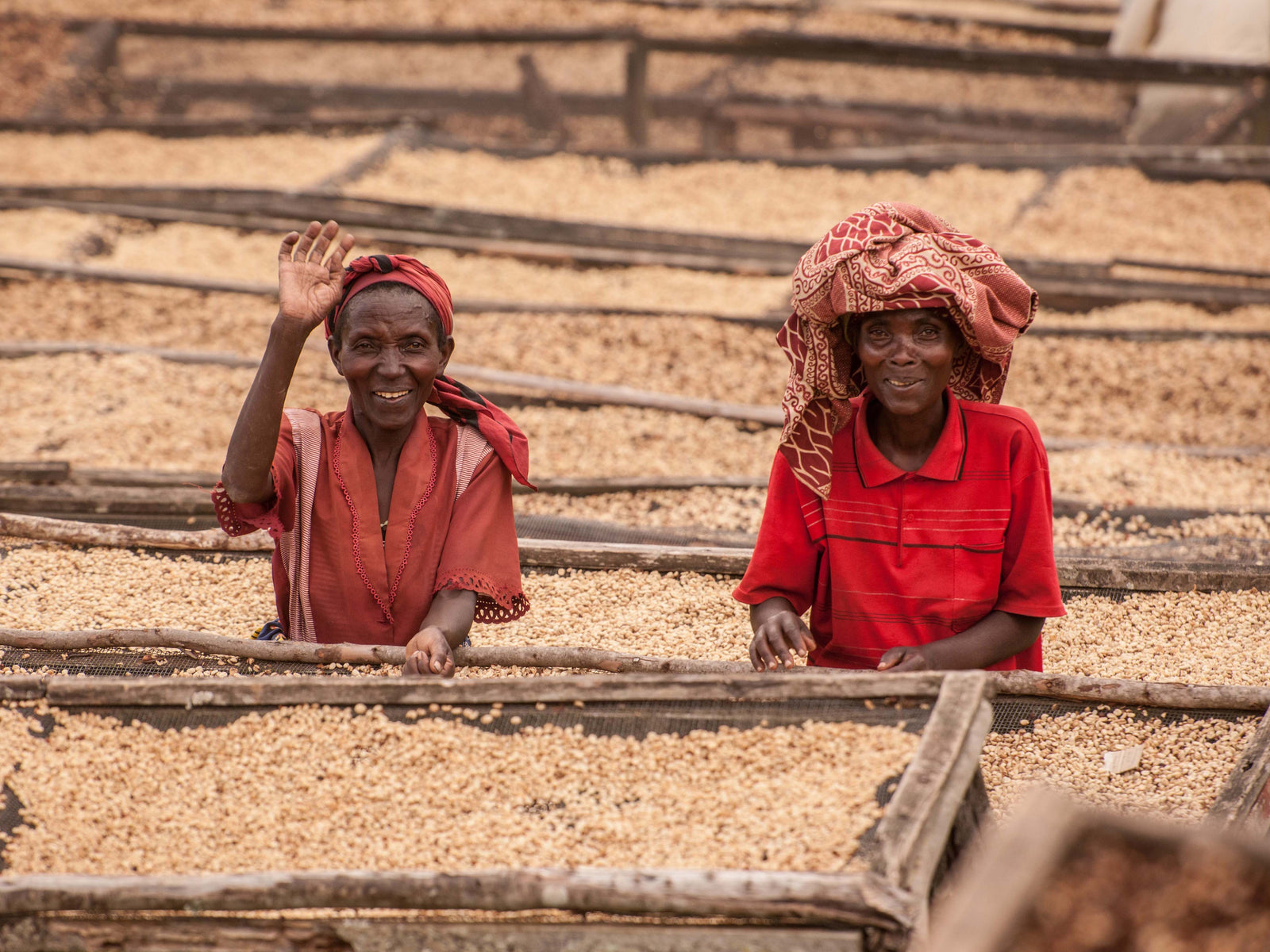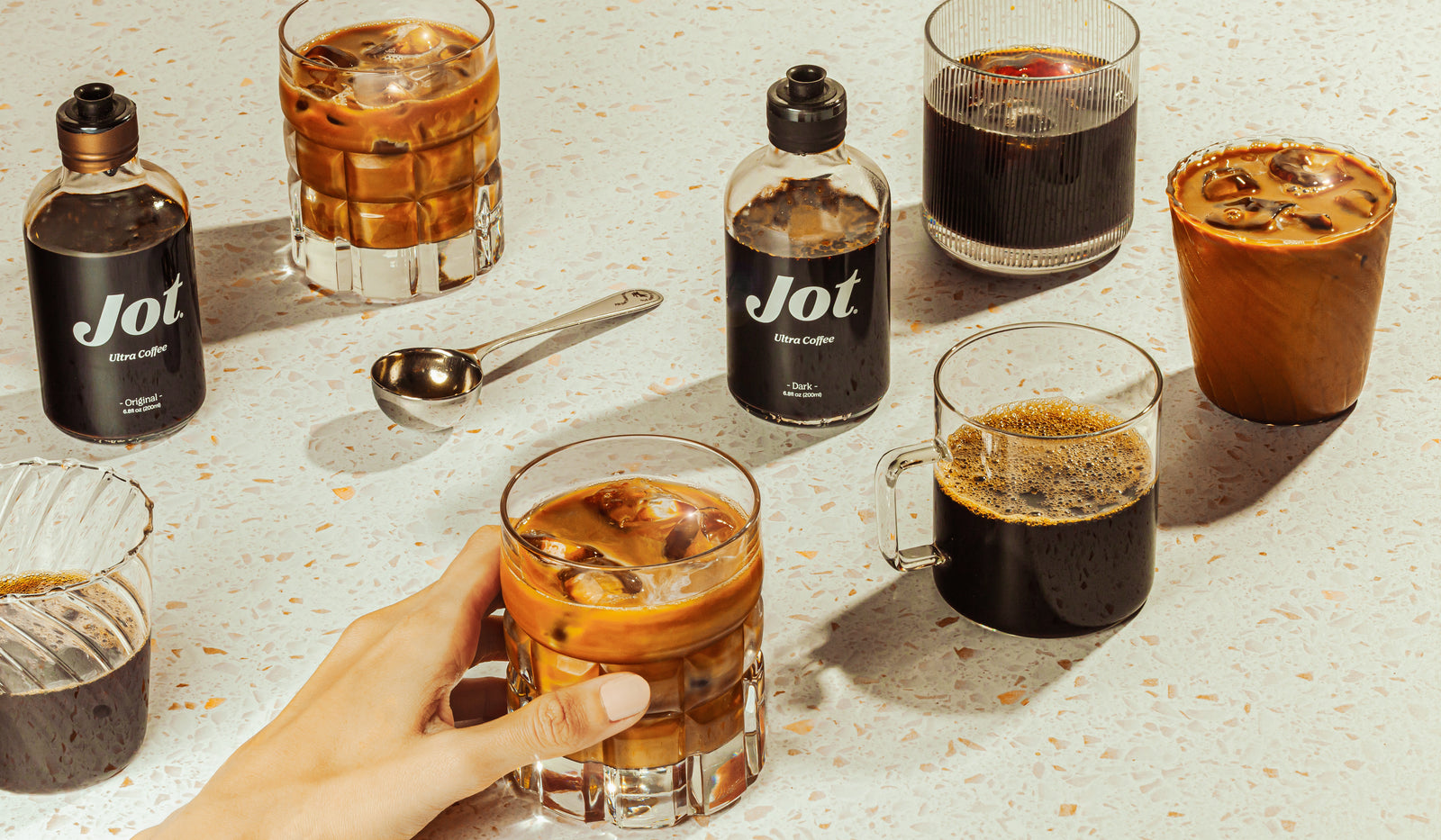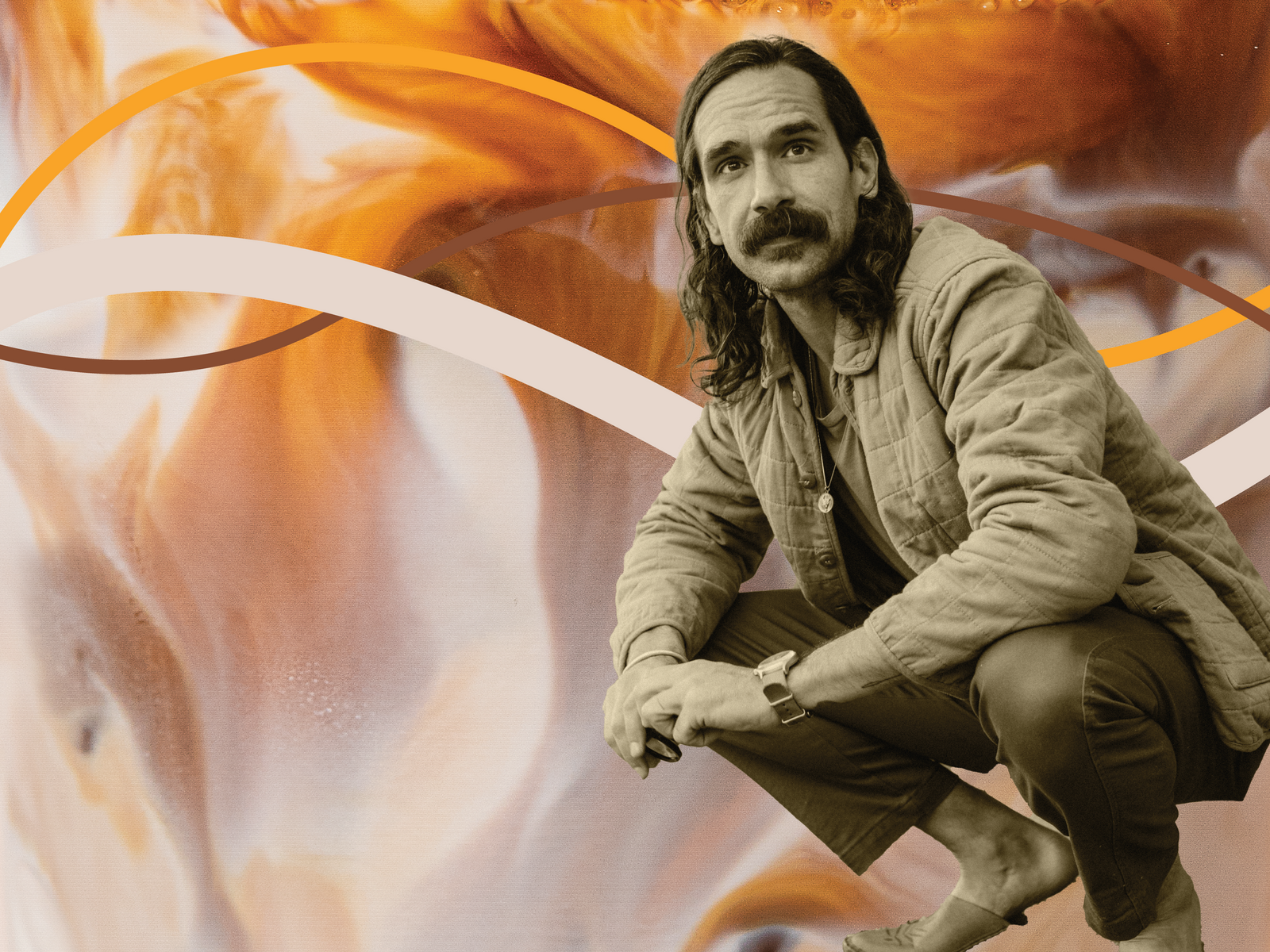In our Inspiration Fuel series, we interview writers, artists, entrepreneurs, musicians, and everyday heroes to learn how they manage the ebbs and flows of motivation and inspiration in the pursuit of their life’s callings.
Before Kimberly Easson became a titan of the sustainable development movement in the coffee industry, she was just a college kid on spring break in Guatemala.
Before she established herself as a trail-blazer on issues of gender equity in farming, she was just a student wondering if she should take an internship at a plastic bag factory.
Fast-forward thirty years and Kimberly has now: helped deliver services to 600,000 coffee growers across 63 countries for Fairtrade International, overseen a multi-year USAID development project among coffee farmers in Ethiopia, served on the board of the Specialty Coffee Association of America, co-founded the International Women’s Coffee Alliance, and she is now the Founder and CEO of Equal Origins, an organization working to ensure that gender equity remains core to sustainability and responsible sourcing programs in the coffee and cocoa industries.
She’ll be the first to tell you that life can be a strange journey.
In this edition of Inspiration Fuel, I sat down with Kimberly to ask her to reflect on her life in coffee, what it’s like to challenge a global status quo on a daily basis, and why the advancement of gender equity in coffee farming remains such a hidden – but urgent – need.
*****
(This interview has been lightly edited for clarity and length.)
You’re a pioneer on issues of sustainable development, fair trade, and gender equity in the coffee industry. For readers who may not be business insiders, how would you introduce yourself and describe the work you do?
My name is Kimberly Easson and this is my 30th year in coffee.
I view myself as a connector, someone that helps connect the dots along the supply chain on critical issues in the coffee sector, elevating key issues of sustainability and social responsibility with different audiences.
What drew you to this work in the first place? Was there a moment early on when you realized that it might become a calling for you?
Right around now, in February, 30 years ago, I got my first job in coffee. I really just fell into it. I was in Costa Rica on a scholarship from the Rotary Club.
I already had my master’s in international business and I thought I’d learn Spanish and take some business classes in Costa Rica. The classes honestly weren’t very challenging and I thought, well, I better look for something to beef up my resume and I ended up finding a job with this coffee company.
I didn’t really see it as a potential calling. I was definitely a coffee consumer back then but really didn’t know anything about coffee.
But after I got home, I realized that I had a role to play in helping enlighten people about the inequities that existed in the coffee sector, especially for smallholder family farms.
There was really a need to raise awareness about how farmers live in most parts of the world.
I think this happened because of a particular experience I’d had in Guatemala in 1992. I thought I was going on spring break, but what happened was, a friend invited me to help out with this group that was trying to give a wake-up experience to international visitors from the U.S.
So we spent almost two full weeks traveling around to all these very poor, very rural communities, staying with nuns, eating only what the local people ate, just black beans and rice and some tortillas for 12 days. It was a very visceral experience.
I think that, combined with my work in Costa Rica, made me realize that there was something that I could do. There was really a need to raise awareness about how farmers live in most parts of the world.
In those days there were not a lot of people in the coffee industry traveling to the extent that they do now, and while there weren’t many people in coffee-producing countries that spoke English, not many who did visit spoke Spanish.
Back then, the stories were told by the coffee traders, not the farmers, and it is not in the interest of the traders to let people know that the industry was giving a raw deal to farmers. There was a lot of opacity.
Now everybody can travel, take photos, there’s social media, and there’s a lot more flow of information about what the reality is around the world. That didn’t exist 25 or 30 years ago.
But I learned to speak Spanish fluently, and so I started doing quite a bit of, like, “coffee tours” where I would take people in the coffee industry to visit very rural, remote farming communities, almost giving them that same kind of wake-up experience I’d had in Guatemala.
People who traveled with me back then have told me since that it was an eye-opening experience that changed the course of their career.
Women are the hidden workforce in coffee.
Your organization works specifically on issues of gender equity in coffee and cocoa farming. The website makes the statement, “Gender equity is the key to healthy families and vibrant farming communities.” Could you say a bit about why that is? Why is gender equity such a crucial piece of the development puzzle?
Women are the hidden workforce in coffee. They do anywhere from 40–80% of the coffee labor around the world. It varies, obviously, country to country, community to community, household to household, but anywhere from 40–80% of just the coffee-related activities.
Then think about the household activities and the importance of the work at the household level – because what we don’t realize with coffee is that without the household, the farm doesn’t operate. The household is almost like the back office to a small business where you’re doing all the filing and the accounting and have all the systems.
If you look at a farming household, you’ve got the woman in the background doing so much of what is required to make the farm run. The woman is so integral to the success of a family farm and yet her work is not valued or remunerated in any way.
This is a significant human rights issue...the industry is really built on the backs of women, which is unpaid labor.
Coffee is for the most part considered as a man’s business. Men are the ones that get to go to trainings; men are the ones that take the coffee to market; men are the ones that own the land and are members of farmer cooperatives.
So you have this “coffee is a man’s business” thing, but when you peel back the layers of the onion you see that it’s all based on women’s labor, which is invisible.
There’s the famous Hilary Clinton quote, “Women’s rights are human rights, and human rights are women’s rights.” In coffee, we’re still trying to figure out how to talk about this because the industry doesn’t like to air its dirty laundry. But this is a significant human rights issue because the industry is really built on the backs of women, which is unpaid labor and, in extreme circumstances, is abusive labor. So, as an industry, we really do have to peel back the layers and look at the fact that this is a human rights issue.
We’re excited at Equal Origins because we want the whole industry to embark on a path to greater gender equity and to be successful at it. So, we’re creating tools like the Gender Equity Index [of which Jot is a founding member] and then support companies along that journey. We don’t want to be beating people over the head with the realities of the circumstances but we still need to make people understand that this is a serious issue that needs to be addressed.
Could you explain what the Gender Equity Index is for our readers?
The GEI is a diagnostic tool that companies providing services to farmers can use in order to better understand how to deliver their services so that they reach and help benefit women. Over $500 million per year is being spent in coffee-producing countries to improve agricultural practices, to help with carbon mitigation, and other programs on the ground.
But most of those programs never reach women.
Women do so much of the work, and yet when the trainer comes to town to train on good agricultural practices, it’s all the men who get the training. And then the men don’t go back and share their learnings with their spouse. It’s just not done. They don’t think their spouse’s work is important so they don't think about it. There’s very little transfer of information, so the idea is to make sure that these programs are reaching and benefiting women.
It’s like human resources in any company. You may want the best-trained workforce you can possibly have, but if you’re leaving out 50% of the workforce, then your training investment is not having the impact that it could have.
For most people, concepts like international trade and supply chains can feel so abstract. Would you tell us about some concrete wins that you’ve had? What has progress in gender equity actually looked like for real people in their real lives?
It’s gonna sound really minor, but I think people will be able to relate. We did a workshop in Nicaragua a few years ago, where we brought together male and female farmers of different ages and took them through a 6-day workshop where they got a chance to do a sort of analysis of what happens at the household, income flows, expenses, revenues, who owns the farm, who owns the house, who owns the mule, who owns the motorbike, and so on.
So, in a way it ends up being a gender analysis of the household, and through this process and conversations among the participants you really start to see a shift in how people see themselves as male or female and their roles in the household.
A year later we went back and asked what’s changed, and this young woman stood up and said, “You are not going to believe this, but my brother, Santiago –” who was also in the workshop – “he made dinner for the family.”
In that community, that young man had never seen his father make dinner. He probably got made fun of for making dinner. It just wasn’t even a concept that was possible. A man does not make dinner; it’s not his role. And there he was, without being asked, making dinner for his family.
That was what his sister took away as one of the most important impacts of the workshop. Because what’s possible for his friends and cohorts and family is now different. That’s transformative change. But you can’t put a picture of that on a coffee bag and say, “This is what gender equity is.”
I imagine that you’ve come across your fair share of obstacles and setbacks over the years. It must be difficult to maintain passion and motivation when you’re working to create change at a systemic level.
I definitely feel like a fish swimming upstream. But I think because I have seen change and I know what’s possible, and I know that there are a lot of people out there working hard for change, I recognize that I have a role to play and I feel driven to do something that is going to make a difference.
I’m sure I could find something else if I had to, but I really don’t know what I would do!
So is that how you manage to show up every day and keep pursuing your goals in spite of all the challenges?
The first times I took people to visit coffee-producing communities, you could see the looks on their faces – on both sides – and really see what’s possible when you bring people together.
We’re talking about people's lives, their families, the future. The human connection makes it easier. For me, I just want to make a difference, I want my life to be meaningful.
I’m sure I could find something else if I had to, but I really don’t know what I would do! It feels like something I’m called to do. There’s nobody telling me.
But in your life journey, there are all of these opportunities that show up. You follow that path, and then another thing shows up and you follow that path, and it really does feel like – looking back – you were making choices even though they weren’t conscious.
When I was in Costa Rica, the first job offer I had was to work at a plastic bag factory, and I was like, hm, that really doesn’t sound too interesting. And they said, ok, well how about bananas? And I said that sounds more interesting…but right at that time the opportunity with the coffee company came up. And I said well that sounds really interesting.
That’s just the beauty of life. You don’t know where things are going to take you and why you make particular choices. But then you look back and you can see that these things informed where you are now. You just keep going with whatever shows up.
And, finally, how do you take your coffee?
I always take my coffee black, at home. I like a lighter or medium-roast Guatemalan or Ethiopian, something a little brighter.
But I can also appreciate good cappuccino or milk beverage. I like to go out and treat myself to a really well-made cappuccino or flat white. But it has to be a ceramic cup...I won’t drink coffee out of paper!
*****
We’re always on the lookout for more artists, creatives, entrepreneurs, and everyday heroes to interview for our Inspiration Fuel series. If someone you know is pursuing their life’s calling in a way that inspires you, tell us about them by emailing: adam@jot.co.



